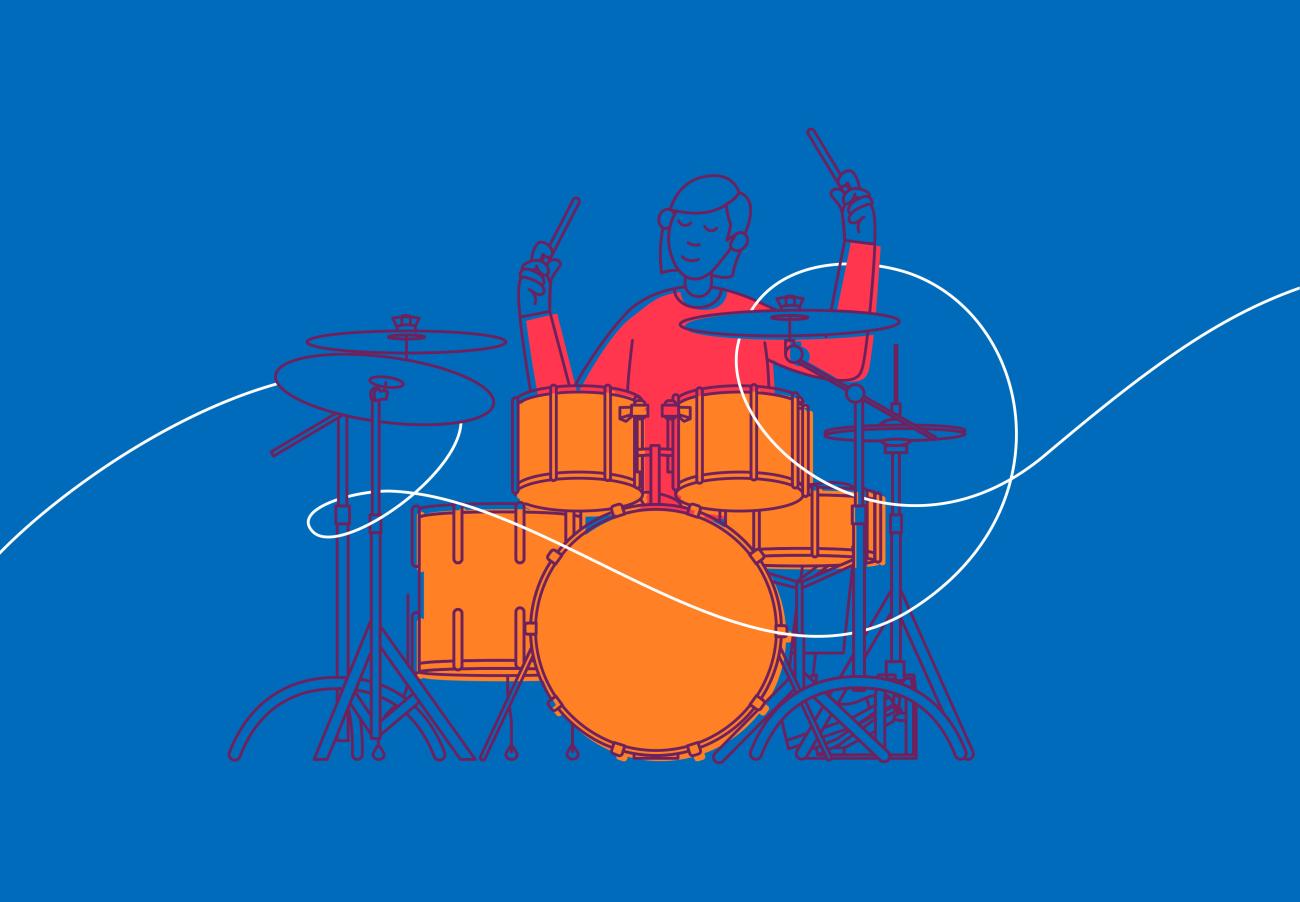The joy of performance – Guylaine’s story

We asked some of our scholars, studying at our partner Royal Schools, to share their feelings about performance and provide some tips. This week we hear from Guylaine…
What’s your name and where are you from?
My name is Guylaine Eckersley and I’m from York, but I now live in London.
What instrument do you play and where are you studying? Is there a specific area of music you are most interested in?
I play the bassoon and I have just graduated from my Masters at the Royal Academy of Music. As a bassoonist, I am mostly interested in classical music, but I have also played on Jools Holland with the Good, the Bad and the Queen!
How does performing make you feel?
Performing is incredibly exhilarating. Whilst I’m on stage, I tend to enter a state of hyper focus where time seems to pass very quickly. The buzz I get after performing is like nothing else, especially when I know that through music, my colleagues and I have brought joy to at least one audience member in some way.
What's your most inspiring performance environment?
I think the most inspiring performance environment for me is playing with an orchestra, surrounded by inspiring colleagues. Working with other musicians in an orchestra is amazing, as we are all working together to make the piece of music the best it can be, with no part being less important than another.
What makes a great musical performer?
I think there are so many different things which make a great musical performer, but if I had to pick one, I’d say that being true to, and believing in, your musical voice is key!
What are your tips for performing to camera?
I like to pretend the camera is a person in the audience, so it feels more like a normal concert. This often makes me feel more comfortable, as performing to a machine can sometimes feel a little strange. On a more practical level, I would say make sure that you are positioned well in the frame and that you know where the microphone is, so you can get the best sound possible!
How do you prepare for a performance?
If a big performance is in a venue that I don’t know, two weeks before the concert I tend to google the venue and look at pictures of it. I then do some positive visualisation of myself playing in the space, trying to imagine what it might sound like as well. I also practise a lot with a metronome, so that I feel comfortable when I come to play it in front of the audience and don’t try to rush through any fast bits! I also listen to recordings of the piece a lot, so that I really know how it goes.
How do you deal with nerves?
I like nerves, as they add an extra spark to performances, but I have had to learn to handle the physical effects of them. When we are nervous the first thing which is affected is our breathing, and so as a wind player, before I go on stage, I do some deep breaths. If I have a warmup room I’ll play long notes, to get it back under control and not too high in the body.
What's the biggest challenge you've overcome during or in preparation for a performance?
I think one of my biggest challenges was finding my way back and refocusing on the music after I had a memory slip when playing a piece from memory. Whilst the slip was only slight, it was still scary! Luckily I was able to think about the music and get back to where I needed to be and the audience barely noticed, with loads of people telling me it was their favourite piece of the recital afterwards! I was able to enjoy the rest of the performance despite this.
Performance Grades are available for a wide range of instrumental and singing subjects, including jazz and musical theatre. Find out more.
Photo credit: IOAPhotography

